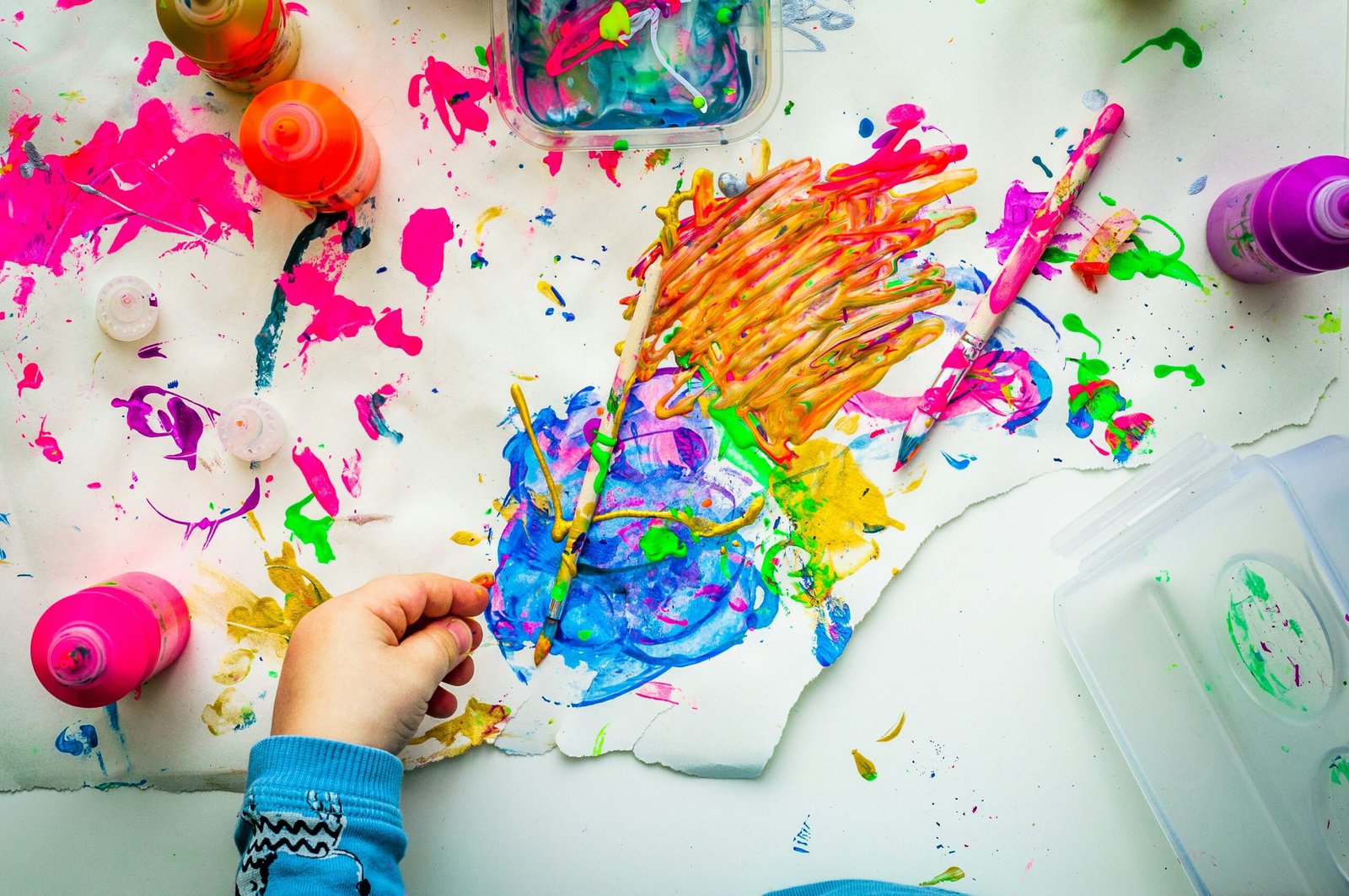Introduction
Students’ entire growth and academic success are greatly enhanced by arts instruction. Beyond its inherent worth, artistic expression has come to be acknowledged more and more for its significant influence on the development of the mind, body, and soul.
This essay examines the various advantages of arts education and how important they are for raising academic attainment in general.
Recognizing the Benefits of Creative Expression
In today’s fast-paced and competitive world, academic success is often measured solely by grades and test scores. However, there is a growing recognition of the importance of arts education in fostering well-rounded individuals and enhancing academic achievement.
Engaging in creative expression through various art forms, such as music, dance, theater, and visual arts, offers numerous benefits that go beyond traditional academic subjects.
1. Enhancing Cognitive Skills
Participating in arts education helps develop cognitive skills that are essential for academic success. Studies have shown that students involved in the arts demonstrate improved critical thinking, problem-solving, and decision-making abilities.
By engaging in creative expression, students learn to think outside the box, explore different perspectives, and develop innovative solutions to challenges.
Furthermore, arts education promotes the development of spatial reasoning skills, which are crucial in subjects like mathematics and science. Through activities such as drawing, sculpting, and spatially arranging objects, students enhance their ability to visualize and understand complex concepts.
2. Boosting Emotional Intelligence
Artistic expression provides a unique outlet for emotional expression and self-reflection. By engaging in creative activities, students are encouraged to explore their emotions, thoughts, and experiences in a safe and supportive environment.
This process of self-expression helps develop emotional intelligence, which is vital for personal growth and interpersonal relationships.
Arts education also fosters empathy and understanding by exposing students to different cultures, perspectives, and experiences. Through studying and creating art from various cultures and time periods, students gain a deeper appreciation for diversity and develop a more inclusive worldview.
3. Improving Communication and Collaboration Skills
The arts offer opportunities for students to express themselves non-verbally, which can be particularly beneficial for those who struggle with verbal communication. By engaging in activities such as dance or visual arts, students can communicate their thoughts and emotions in a different and often more effective way.

Additionally, arts education encourages collaboration and teamwork. Whether it’s working together to create a piece of music, choreograph a dance routine, or design a set for a play, students learn to listen, compromise, and work towards a common goal.
These collaborative skills are transferable to various academic and professional settings, where teamwork is essential for success.
It is important to note that arts education does not replace traditional academic subjects but rather complements them. By integrating arts education into the curriculum, schools can provide a holistic learning experience that nurtures creativity, critical thinking, and emotional intelligence.
4. Improving Critical Thinking and Problem-Solving Skills
Students who participate in the arts are able to think critically and solve problems. Creative expression, whether it be through music, dance, theater, or visual arts, inspires people to think creatively, consider different angles, and approach problems in novel ways.
These are the kinds of abilities that cut across all academic fields and are necessary for success in a world that is always changing.
5. Developing Empathy and Emotional Intelligence
By giving students a forum for self-expression and awareness of the experiences of others, arts education cultivates empathy and emotional intelligence. Students gain the ability to recognize and express their feelings, grow in empathy for other people’s viewpoints, and interact with others in a productive way through creative pursuits.
With the help of emotional literacy, students can acquire important interpersonal and social skills that are necessary for navigating challenging social situations and fostering healthy relationships.
Conclusion
In conclusion, arts education plays a vital role in academic success by recognizing the benefits of creative expression. Engaging in the arts enhances cognitive skills, boosts emotional intelligence, and improves communication and collaboration skills. By embracing arts education, schools can empower students to become well-rounded individuals who are equipped with the skills necessary to thrive in an increasingly complex and interconnected world.
